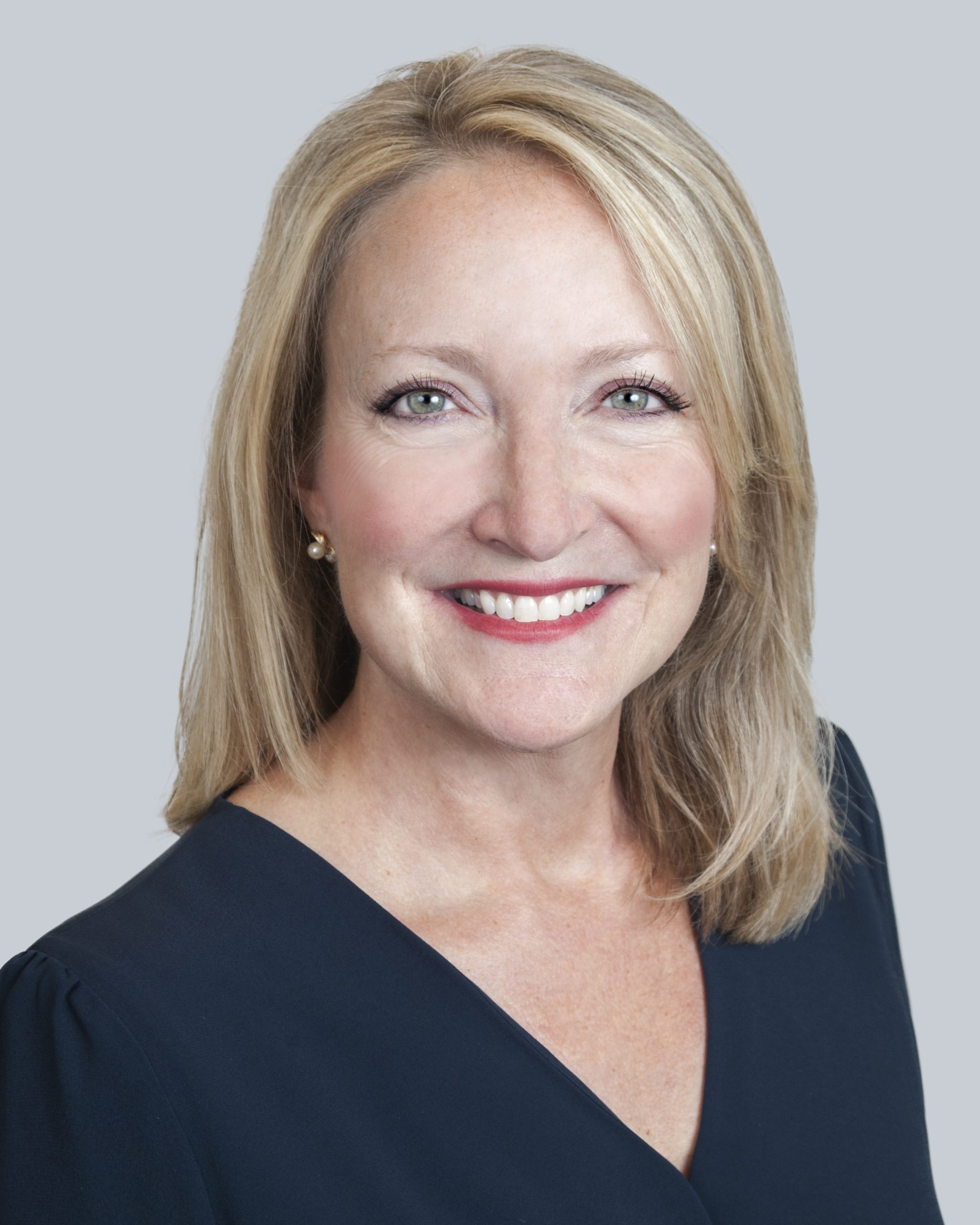
Join Jennifer Sweet April 17-18 in Chicago to hear from policy insiders, MCO leaders and state officials who will provide a clearer picture of the future of Medicaid expansion and financial alignment, as well as proposed Medicaid regulations! Register using code HMP139 for a 15% discount at https://goo.gl/9ISGFT.
Medicaid Who’s Who: Jennifer Sweet – Medicaid Segment Lead for Florida Blue
1. What segment of the industry are you currently involved?
A: I am on the payer & managed care side of the industry. I am working in Florida where the Medicaid population is largely managed by MCOs.
2. What is your current position and with what organization?
A: I am the Medicaid Segment Lead for Florida Blue.
3. How many years have you been in the Medicaid industry?
A: For about a decade, and before that, in commercial health insurance.
4. What is your focus/passion? (Industry related or not)
A: In terms of work, I am committed to doing things “right” for this population – and that entails everything from delivery of quality and appropriate services to the people who need these services to being an effective steward of taxpayer funds and a good partner to our state Agency. We are all on the same side, serving our communities, is how I see it. Personally, outside of work, I love to travel and experience other cultures, languages and architecture.
5. What is the top item on your “bucket list?”
A: I work with a not-for-profit, the Lyceum Fellowship, that awards travel grants to talented students of architecture. My goal is to ensure this organization is funded and managed such that it survives long after I do.
6. What do you enjoy doing most with your personal time?
A: I appreciate finding spaces of quiet down time on the weekend to simply read, walk my dog, hang with family and friends.
7. Who is your favorite historical figure and why?
A: I enjoy reading both history and biography so picking a favorite is hard. I enjoy learning what motivated the person who has a significant accomplishment, and where he or she drew the strength to fight for the accomplishment. Abraham Lincoln is a prime example. But brave, grand acts are interesting to read about in much lesser known characters as well. It’s also interesting to get a glimpse of how others think and frame the questions of their time. Ruth Bader Ginsburg and Oprah Winfrey come to mind as I say that, or Margaret Thatcher.
8. What is your favorite junk food?
A: Popcorn, specifically, hot air popped with butter and salt. Always has been my favorite, I was never a chips-cheetos-fritos kind of kid.
9. Of what accomplishment are you most proud?
A: I am very proud of my son and my family but I don’t consider them an “accomplishment” per se. So I’d have to say that there isn’t a single grand accomplishment but rather, all the wins along the way – whether in education, business, hobbies, love – they all add up to a core accomplishment that is my life. I am happy with it.
10. For what one thing do you wish you could get a mulligan?
A: I don’t want a mulligan so much as a repeat performance of some great moments in my life. The times when things fell short, well, they are what they are and they are behind me now.
11. What are the top 1-3 issues that you think will be important in Medicaid during the next 6 months?
A: Knowing that the changes ahead (at both state and federal levels) are likely to be significant & fundamental, any list has to include effectively planning the response to those changes. But in the meantime, I’d say:
- Align payers and providers through appropriate contracting that establishes partnerships as a means of improving not only the lives our members/patients and our respective businesses, but to contribute to improvements in the very fractured US health care marketplace.
- Improve the whole world of data in Medicaid – as in: capturing more accurately the services we deliver, communicating this effectively to others (e.g., providers, the state Agency), and advancing the way we use this data in search of more effective, efficient management of care.
- Make space to be innovative, to find solutions that move us forward – not easy to do in the din of everyday operations and life.
